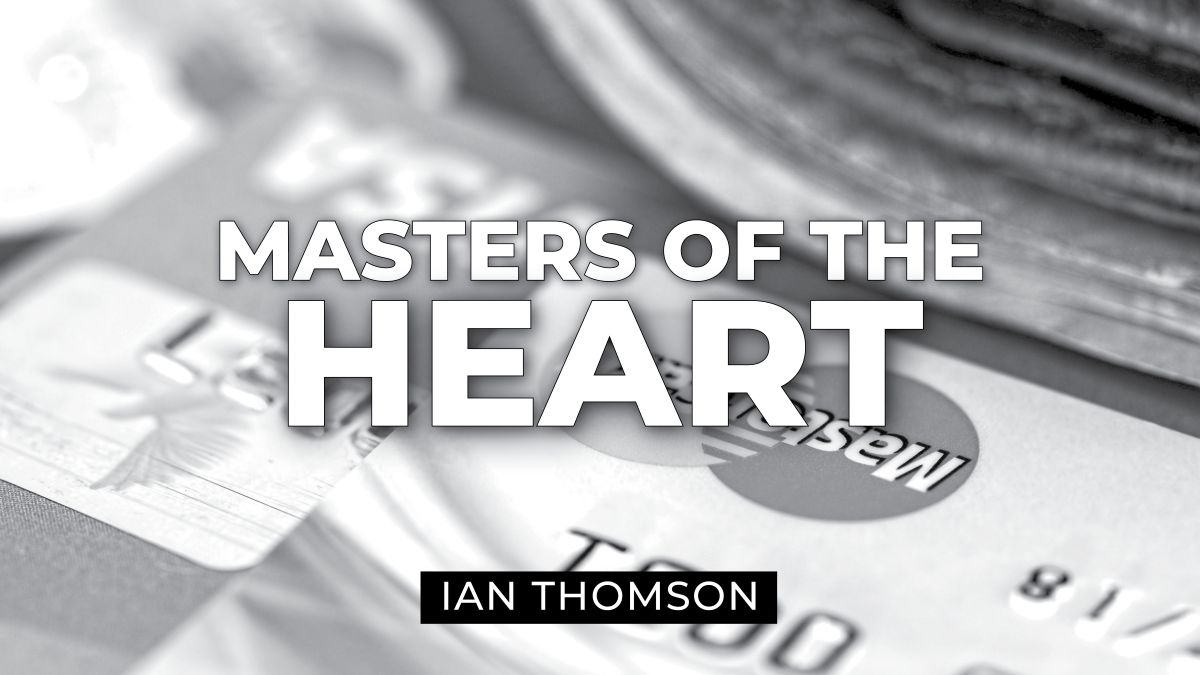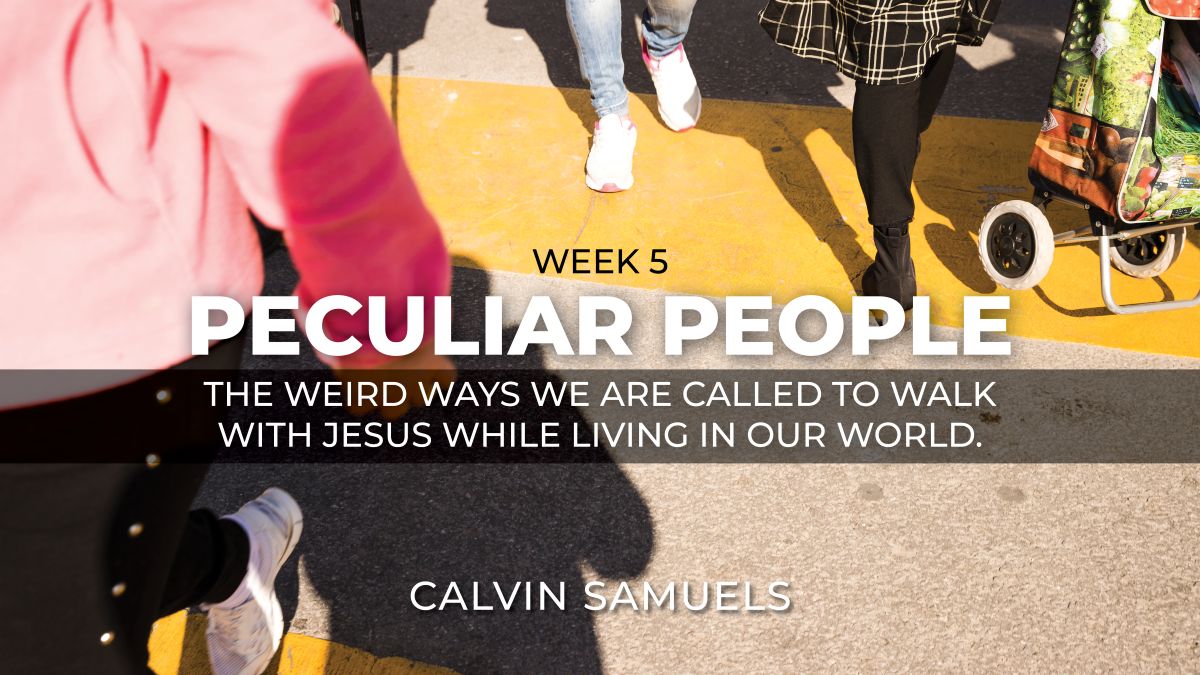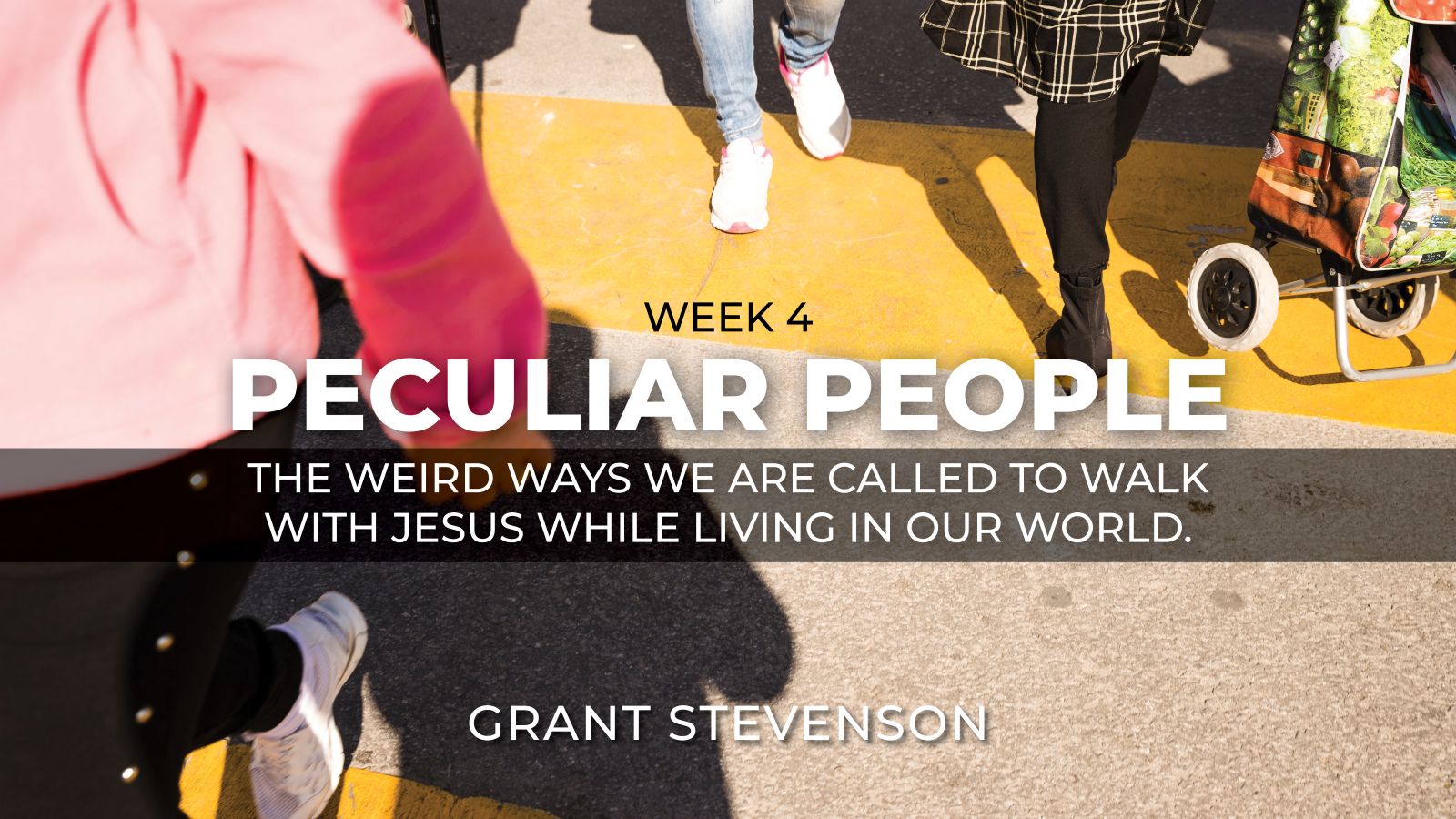Our hearts are central to our being, and God’s Word instructs us to guard them diligently.
“Above all else, guard your heart, for everything you do flows from it.” – Proverbs 4:23
Our hearts are central to our being, and God’s Word instructs us to guard them diligently. Jesus spoke extensively about money as a significant threat to our hearts, describing it as the only thing, other than God, that seeks to sit on the throne of our hearts. Money, like power and sex, has both a dark and light side.
Jesus taught us about where our treasure truly lies:
“Do not store up for yourselves treasures on earth… But store up for yourselves treasures in heaven… For where your treasure is, there your heart will be also.”
This calls us to choose between earthly and heavenly treasures. He also contrasted a “good eye” with a “bad eye,” referring to generosity versus stinginess. Ultimately, Jesus makes it clear: “You can’t serve two masters”—God or Mammon.
Another challenge Jesus addressed is worry. He encourages us not to worry about daily needs, assuring us God will care for us, just as He cares for the birds. Jesus’ solution to worry is profound: “Seek first the Kingdom of God and his righteousness, and all these things will be added to you.” This challenges us to examine our values and where we place our trust.
Consider two wealthy men who encountered Jesus with distinct outcomes. The rich young man went away sad, unwilling to part with his many possessions. In contrast, Zacchaeus, a chief tax collector, declared he would give half his wealth to the poor and repay anyone he cheated four times over, leading to Jesus declaring, “Today, salvation has come to this home.”
Biblically, the “heart” refers to the totality of our being—our mind, emotions, and will. We are called to bring all that we are to God.
The Bible refers to only one person as “a man after God’s own heart”—David, the King of Israel. Despite his failures, David remained “a man after God’s own heart” due to:
- Wholehearted Devotion: He was utterly devoted to God, determined to bring the Ark of the Covenant back to Jerusalem and establish proper worship.
- Genuine Humility: He recognized everything came from God, and his repentance for his sins was profound and sincere.
- Faithful Trust: He demonstrated complete faith in God, as seen in his encounter with Goliath, declaring “the battle is the Lord’s.”
- Worship: He was a profound worshiper, pouring out his heart in the Psalms and passionately dancing before the Ark.
- Kindness: He extended kindness even to his enemies, seeking out Mephibosheth, Saul’s crippled grandson, restoring his inheritance.
- Generosity: He was generous, giving extensively to the temple project and encouraging his people to give sacrificially.
Today, Jesus knows our hearts intimately. He is gracious and loving, desiring for us to come to Him and find freedom. Our response might involve a step of faith like tithing, giving more generously, or repentance in a relationship. As we approach communion, we are invited to search our hearts and respond to God’s heart for us, remembering His immense grace and self-sacrifice.
Reflect:
- What “thing” currently seeks to sit on the throne of your heart other than God, and how can you intentionally guard your heart against it?
- In what ways do you find yourself storing up “treasures on earth” rather than “treasures in heaven,” and what practical step can you take to shift your focus?
- Are you serving God or Mammon? When confronted with a tough choice, where does your true allegiance lie, and how does this make you feel?
- How does a “scarcity mindset” manifest in your daily life, and what does it mean for you to “seek first the Kingdom of God and his righteousness”?
- Reflecting on the examples of the rich man, Zacchaeus, and David, what aspect of having “a heart after God’s own heart” do you feel God is calling you to grow in right now (e.g., devotion, humility, trust, generosity)?
Closing Prayer:
Heavenly Father, we acknowledge that You alone are worthy of the throne of our hearts. Forgive us for allowing other things to distract us. Help us to guard our hearts, store up treasures in heaven, live with generous “eyes,” and seek Your Kingdom first. We pray for a heart like David’s—a heart of wholehearted devotion, genuine humility, faithful trust, fervent worship, deep kindness, and abundant generosity. May Your grace empower us to respond to Your call, finding freedom and wholeness in You. In Jesus’ name, Amen.
Watch the sermon on YouTube.




